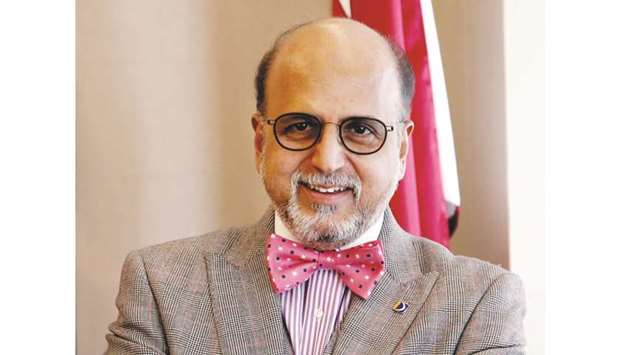On account of the Covid-19 pandemic, the World Economic Forum Davos 2021 Agenda will be discussed virtually this week under the theme “A Crucial Year to Rebuild Trust”. Rebuilding trust and increasing global co-operation are crucial to fostering innovative and bold solutions to stem the pandemic and drive a robust recovery. This meeting will be an opportunity for leaders to outline their vision and address the most important issues of our time, such as the need to accelerate job creation and to protect the environment. The agenda is expected to cover designing cohesive, sustainable, resilient economic systems, driving responsible industry transformation and growth, enhancing stewardship of the global commons, harnessing the technologies of the Fourth Industrial Revolution and advancing global and regional co-operation.
On designing cohesive, sustainable economic systems, given that the world generates four-fifths of its energy consumption is from fossil fuels, the transition to a clean economy will be both one of the biggest challenges and opportunities in this decade. It will require a dramatic transformation, from the way we manufacture, to the way we consume energy and travel. And the actions we take will be decisive. Likewise, facilitating the expansion of renewable energy, electrification – of cars, bus fleets, freight trucks, rail, shipping – will go a long way towards decarbonising the transport sector, which accounts for nearly a quarter of all global emissions. A new era is required, building on the Paris Agreement to limit climate change, now that the Americans are joining again – with more support of a Green New Deal geared towards achieving net zero emissions and making the global economy truly sustainable.
On driving responsible industry transformation and growth, governments should continue with various stimulus reforms apart from maintaining low interest rates due to Covid-19. The present-day crisis gives us a unique opportunity to put the world on a more sustainable path. With a growing and ageing global population and extreme poverty increasing again, we need to find ways to increase productivity: to do more with less, and use fewer natural resources. To achieve this, we need to transform the sectors that form the backbone of our economies – our healthcare systems, our industries, our infrastructure, energy and transport systems.
On enhancing the stewardship of the global commons 2021 must be a transformative moment for humanity. It should ready companies to set science-based targets for the global commons. It should strengthen accountability for commitments made. It should influence governments, regulators and multilateral bodies at key events throughout 2021 to become stewards of our global commons. It should help to create enabling environment and pathways for systems to change. We need bold initiatives to tackle the threat of future pandemics; financial speculation, tax evasion and avoidance, and the threat of financial crises.
On harnessing the technologies of the Fourth Industrial Revolution, digital technologies can make manufacturing more productive and less resource-intensive, and supply chains more resilient. They can also enable the widespread integration of renewable energy, make cities more liveable, render transport more efficient and vastly improve healthcare delivery. Technology can improve the diagnosis and treatment of diseases and alleviate the burdens on healthcare systems.
The technology which will deliver should be fundamental to the advancement of society, not least the Fourth Industrial Revolution, which will change the way goods are produced, consumed and delivered. The Davos Agenda is a pioneering mobilisation of global leaders to shape the principles, policies and partnerships needed in this challenging new context. It is expected that leaders from all walks of life to work together virtually for a more inclusive, cohesive and sustainable future as soon as possible in 2021.
*The author is Group CEO of Doha Bank.

Dr R Seetharaman
